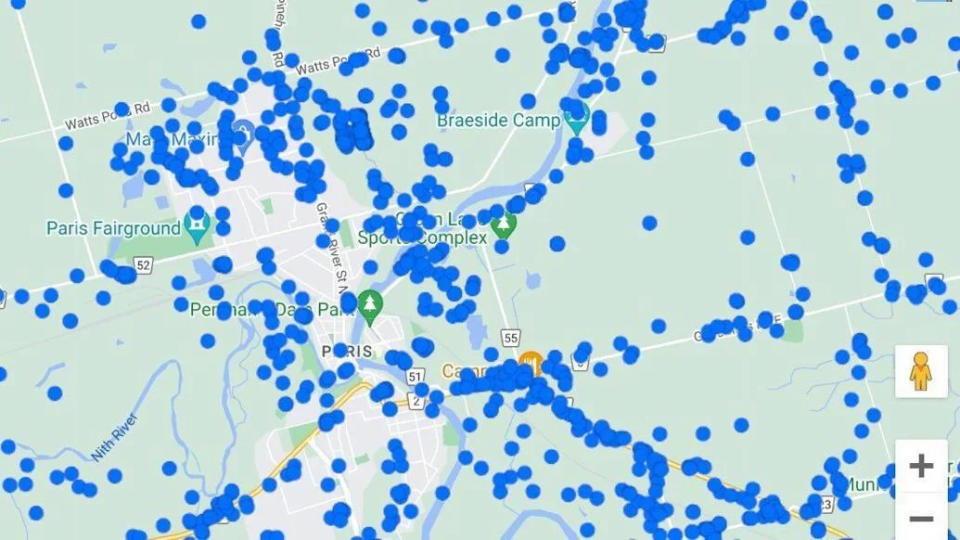When did you last test your well water?
Less than a quarter of Brant County residents are testing their well water regularly. At least that’s how it appears from a report presented at a Brant County Health Unit (BCHU) board meeting in May.
The report showed just over 1,200 local well water samples went to the public health laboratory for testing in 2023.
The figure is “consistent” with submissions over the last five years, Filip Pajtondziev, manager of infectious diseases for BCHU told The Spectator in an email.
Of the households submitting samples through the health unit’s free testing program, two-thirds are averaging one sample per year, he said.
However, county records indicate approximately 7,900 — or roughly 45 per cent — of county residents are on private water servicing, Suzie Keczan, director of communications and public relations for the county, told The Spectator.
That points to more than 6,000 county residents who may not be testing their well water at all — or at least aren’t sharing results with the county if they do testing privately.
County staff said they got their estimate by subtracting the homes that receive a municipal water bill from the total properties in the county.
In 2015, the health unit conducted a survey of private well water use in Brant. At that time, they noted approximately 2,700 privately owned wells in Brant were on registry with the Ministry of Environment.
But county staff said because the ministry didn’t require people to register their wells until 1990, it may not give the full picture.
A well record data report from the Ministry of the Environment, Conservation and Parks shows over 11,000 wells in Brant, including on Six Nations of the Grand River. The report captures water supply wells, but also test holes used to gather information.

Who should test well water, how often, and how?
According to the ministry’s website, residents who have a well on their property are responsible for it, including protecting the well water and groundwater.
The Ontario Drinking Water Standards recommend testing three times a year as regular practice.
Additional testing should be done when the well has gone unused for several weeks, has had repairs, if there has been flooding in the area, or if there’s a noticeable change in the smell, colour or taste of the water.
The testing rules out total coliforms and E. coli bacteria that, in many cases, causes short-term illness, but has the potential to lead to hospitalization or long-term health effects, according to the Public Health Agency of Canada website.
Because private wells on farmland may carry an increased risk of E. coli, it is important for residents to know about testing if they live on or near a farm, the health unit’s 2015 survey said.
The county customer service offices in Burford and Paris, and the public libraries in St. George and Scotland-Oakland carry free test kits, and samples can be dropped off daily at BCHU and at Burford customer service on the last Wednesday of every month.
At a May council meeting, Coun. Robert Chambers put forward a motion supporting the continuance of the free program after the Ontario auditor general’s annual report on public health from December 2023 suggested Public Health Ontario might be considering phasing out free water testing services.
“I think it’s important in the rural communities that program be still offered as it has been for many years,” he said at the time.
Pajtondziev said BCHU has not received “any direction or indication of a change,” from the province at this time.
Celeste Percy-Beauregard’s reporting is funded by the Canadian government through its Local Journalism Initiative. The funding allows her to report on stories about Brant County. Reach her at cpercybeauregard@torstar.ca.
Celeste Percy-Beauregard, Local Journalism Initiative Reporter, The Hamilton Spectator


